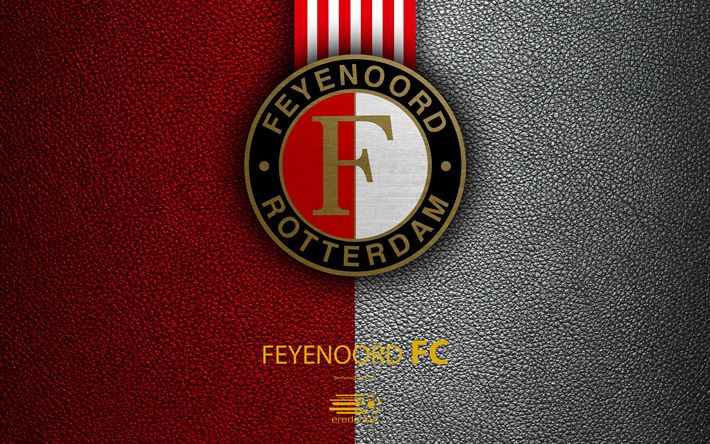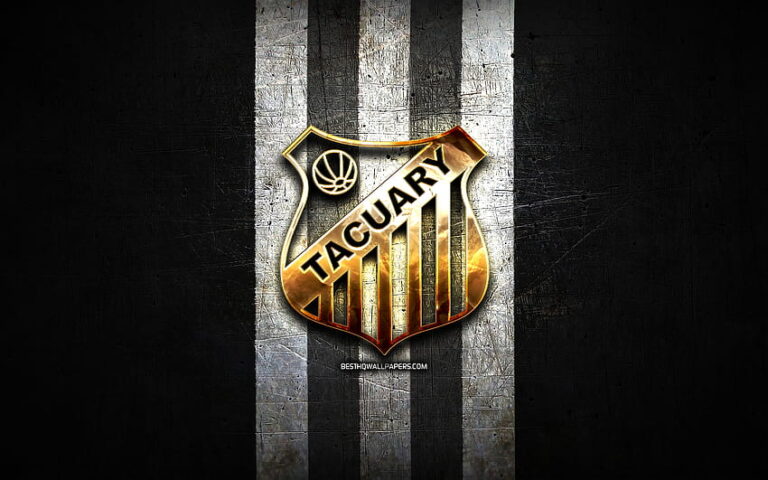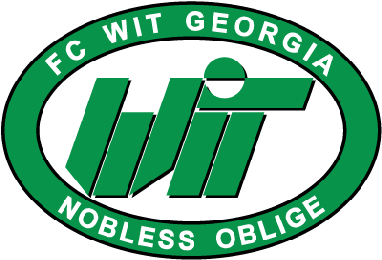
Feyenoord Football Club
The recent appointment of fresh coaching talent, alongside investments in youth academies, highlights the club’s commitment to regaining its former glory. It’s refreshing to observe how Feyenoord Football Club navigates through adversity, bringing together old traditions while embracing modern strategies for sustainable growth New88.
The Cultural Significance of Feyenoord Football Club
Feyenoord Football Club is not just a football entity; it represents the cultural fabric of Rotterdam and beyond. Its influence extends well past the pitch, contributing to social discourse, community engagement, and identity.
The Heartbeat of Rotterdam
Feyenoord serves as a source of pride for the people of Rotterdam. The club’s stadium, De Kuip, is more than just a physical structure; it symbolizes the collective spirit of the community. Home matches at De Kuip draw thousands of loyal fans who fill the stands with chants, flags, and an ambiance that is hard to put into words.
Every matchday, the atmosphere reaches a crescendo, creating a unique blend of exhilaration and camaraderie. Observers often note how this vibrant energy fosters a sense of unity, reinforcing the perception of Feyenoord as the heartbeat of Rotterdam. Such connections deepen the bond between the club and its fans, making victories feel like communal celebrations rather than isolated successes.
Defining Identity Through Rivalry
The fierce rivalries that Feyenoord shares with other clubs have helped shape its identity over the years. Matches against Ajax, known as “De Topper,” elicit emotional responses that go beyond mere competition. These encounters are steeped in history and carry socio-political undertones, reflecting historical divides between the cities of Rotterdam and Amsterdam.
During these matches, fans experience a whirlwind of emotions—anticipation, anxiety, joy, and despair—all wrapped up in a single game. Such high-stakes environments offer a window into the psychology of football fandom, showcasing how deeply intertwined personal and collective identities become within these contexts.
Community Outreach and Social Responsibility
Feyenoord’s commitment to societal engagement sets it apart from many clubs worldwide. The organization actively participates in initiatives aimed at uplifting disadvantaged communities in Rotterdam, often collaborating with local NGOs to address pressing issues such as poverty and social inequality.
By championing causes that resonate with both the club’s values and the needs of the community, Feyenoord establishes itself as more than merely a sports club; it becomes a driving force for positive change. Personal anecdotes and experiences shared by fans often reveal how the club’s outreach efforts have meaningfully impacted lives, further underscoring the powerful role of sports organizations in society.
Global Reach and Influence
Though based in the Netherlands, Feyenoord Football Club has garnered a global following. The club’s history, coupled with memorable matches and legendary players, has attracted supporters from different continents. The rise of digital media has further facilitated this connection, allowing fans worldwide to engage with the club’s narrative.



